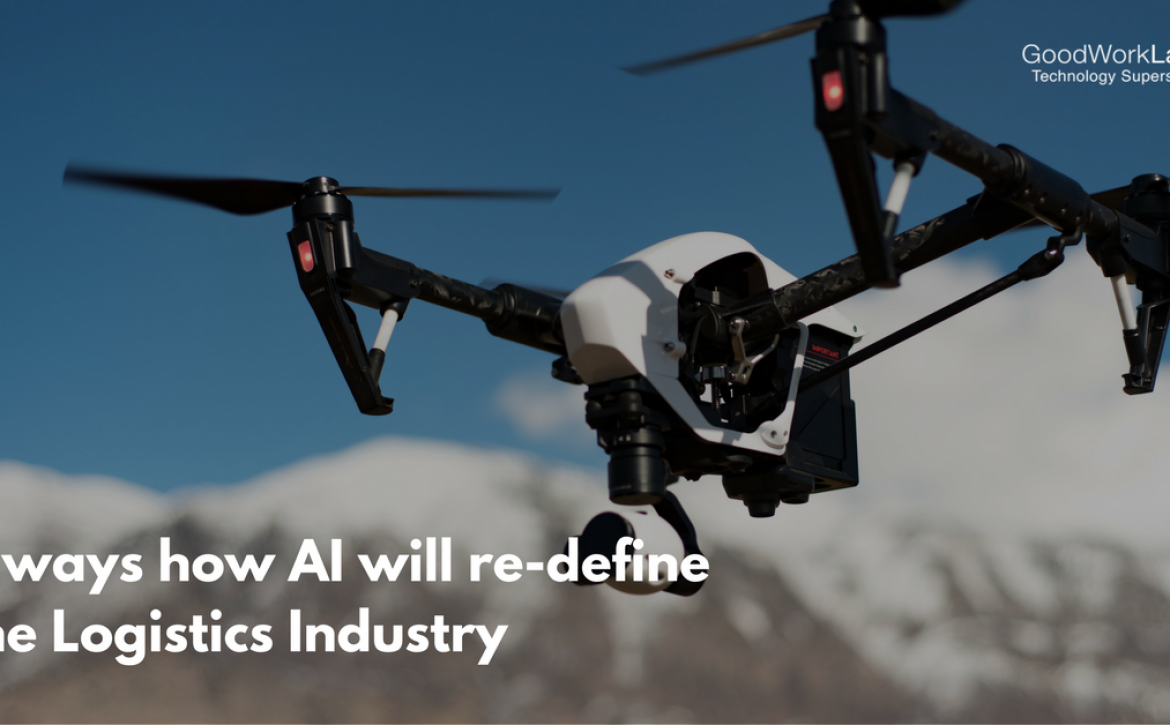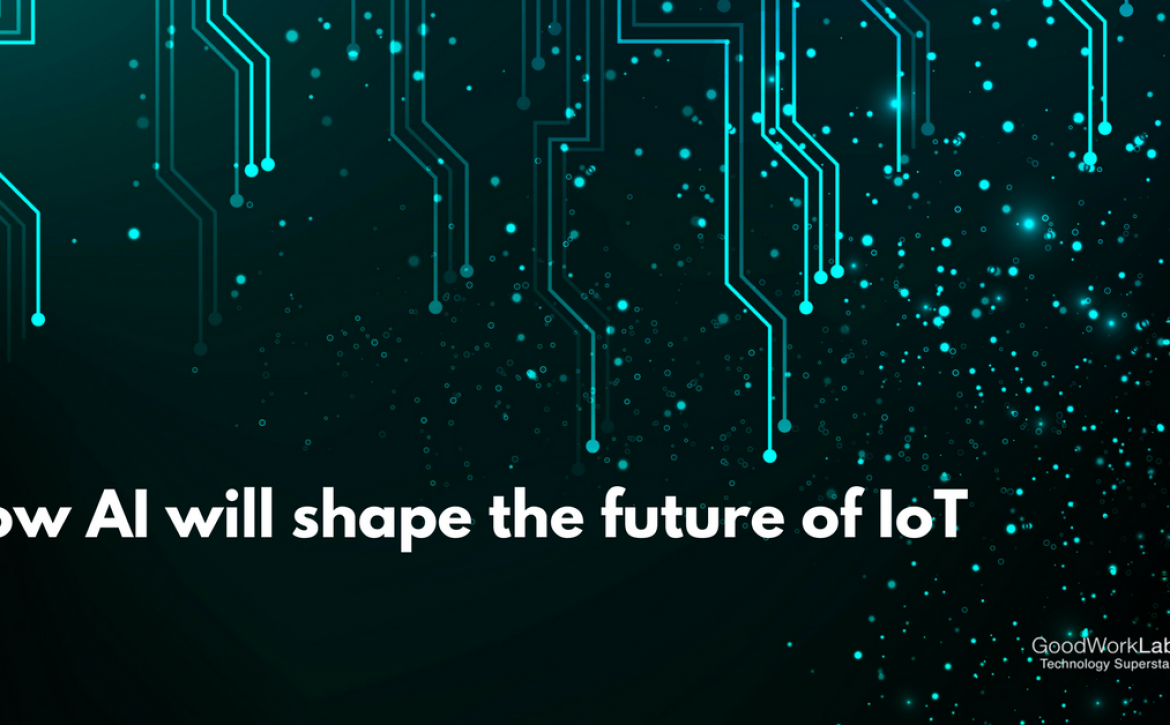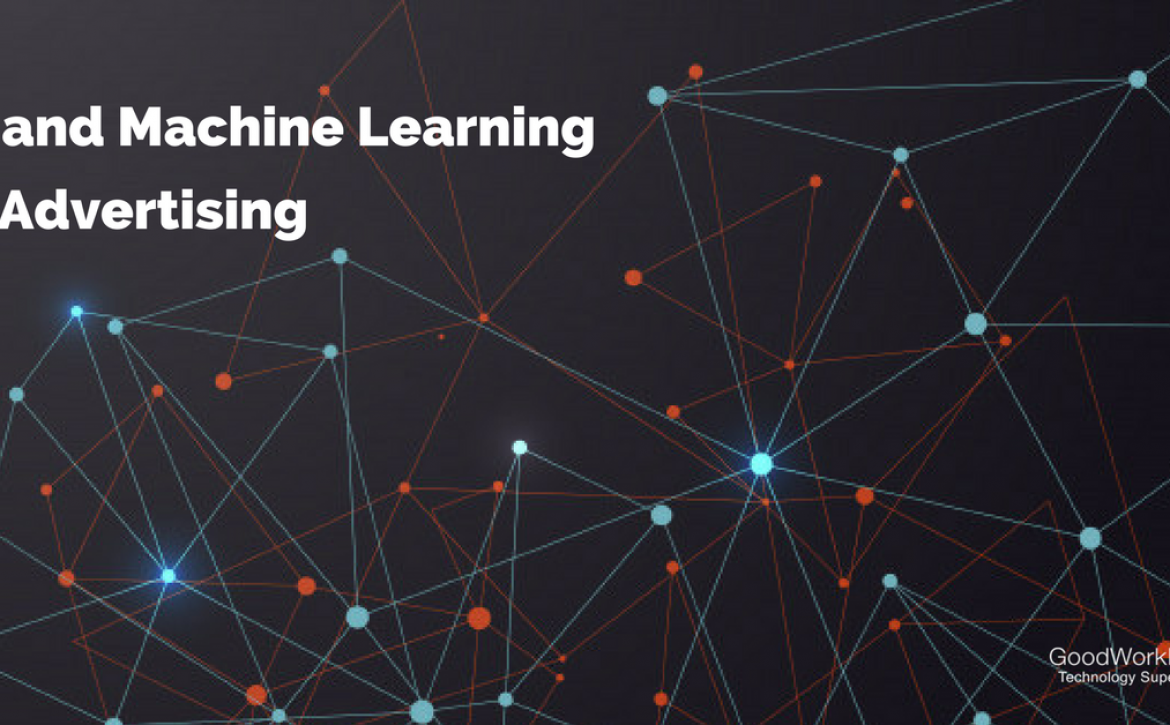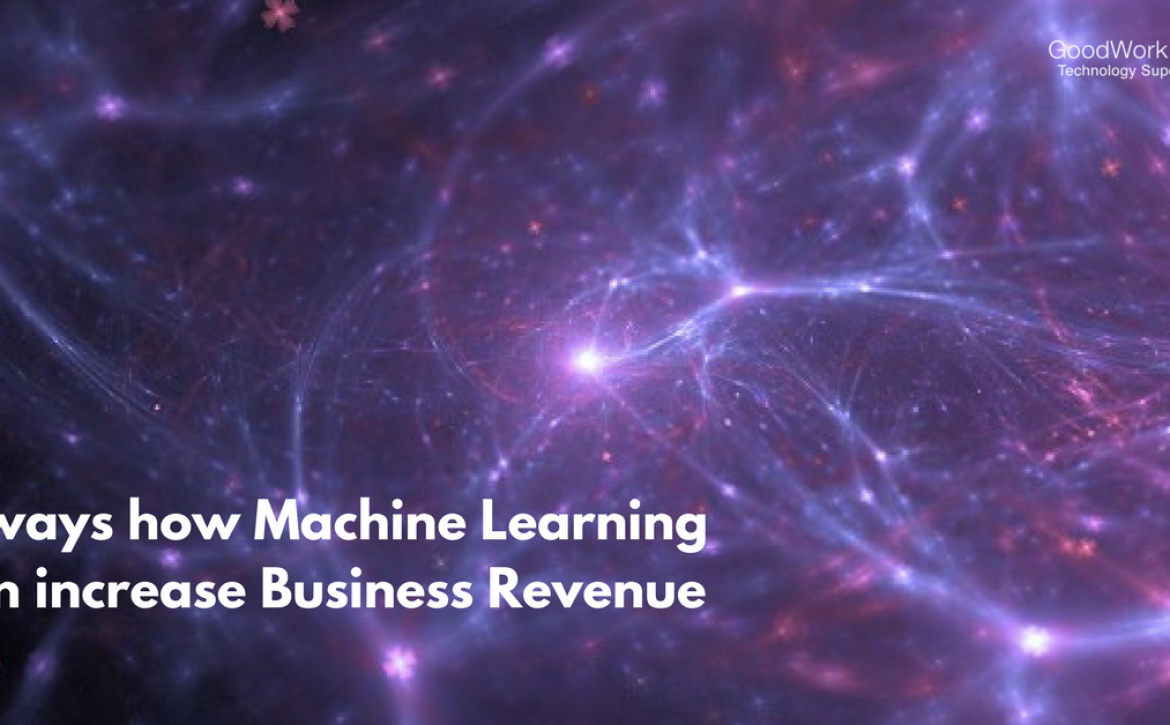6 Interesting Ways AI is re-defining the Parcel and Logistics Industry
AI in Logistics Industry
Artificial Intelligence (AI) has become a major topic in almost every business sector. Leaders talk about all kinds of positive impacts that robotics, machine learning, and other AI technologies can make possible. Optimizing these advanced technologies can save time and improve quality as well.
Parcel and logistics is one such industry that has started leveraging AI to influence supply chain and other associated processes.
AI is reshaping almost every procedure of parcel and logistics. Interested to know which areas has it impacted? Read on to know more

1. Automation in productivity
Productivity in logistics doesn’t rely solely on human expertise now. Advanced algorithms and robotics are bringing automation and reducing human errors. Automatic processes provide better quality products in terms of packaging, management and distribution preparation. Plus, they also reduce overall logistics cost for companies.
2. Enhanced delivery models
Automakers and Artificial Intelligence experts are partnering to incorporate best technologies. Logistics and parcel industry can get the best outcome with this partnership. Future presents a chance to incorporate autonomous vehicles, self-driving drones and parcel carriers for delivery. All of these technologies can provide exceptional accuracy and cost-effectiveness to the industry.
3. Efficient route optimization
Most logistics and parcel companies struggle with route optimization. Bad route selection increases fuel consumption and also affects customer satisfaction. Ultimately, it all impacts the cost of delivering parcels.
An AI integrated vehicle can resolve all these problems. Modern self-learning technologies can offer a platform for parcel companies that optimize routes on its own. Technology can find a coordinated and faster route for a delivery. This can reduce about 30 percent of travel distances and also decrease the need for vehicles for about 10 percent.
Machine learning uses data in real-time to provide a dynamic route for delivery teams. It anticipates potential traffic problems, weather conditions, distances and many other factors to decide the most cost-effective routes for delivery.
4. Improved customer experience with chatbots
In recent studies, more than 62% of consumers accepted that they feel comfortable about having a virtual assistant answer their questions. Chatbots can automate and also enhance customer interaction. Both websites and call centers of logistics companies can improve customer experience with immediate and accurate assistance.
5. Delivering intelligent interfaces
Self-learning via Artificial Intelligence is allowing machines to understand vast data related to logistics. Analyzing scenarios in terms of historical data, machines can resolve complex issues related to the supply chain. Machine learning enables them to create intelligent interfaces for automated decision-making.
6. Understanding consumer behavior
Two-way communication is a necessity in parcel and logistics industry. Companies need to know when and why customers need a product. This allows them to understand an overall demand for a product in a particular location. However, manual analysis of consumer behavior seems almost impossible.
On the other hand, technologies are becoming smarter and better in terms of consumer behavior analysis. This is absolutely perfect for the industry, as they can now know why consumers want a product. Anticipating consumer behavior with AI proves much more accurate and efficient. Algorithms take much less time to conduct a predictive analysis and anticipate consumers’ demands.
A rapid growth in AI is ready to empower this industry. Are you ready?!






















